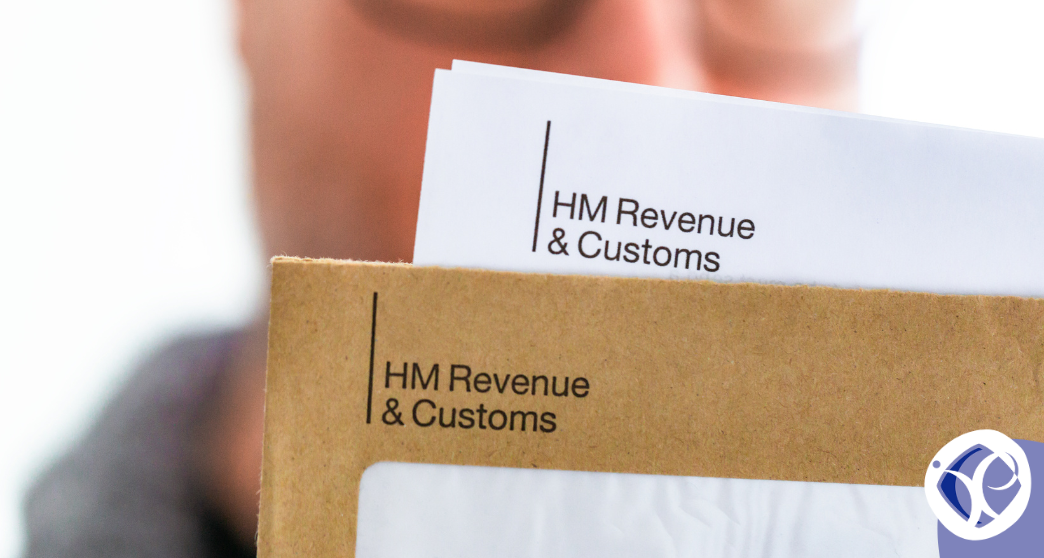Receiving a letter from HMRC can feel daunting, and how you respond can shape how long and how deep the enquiry becomes.
Even with nothing to hide, oversharing can drag matters out. Knowing what is required and where the legal boundaries lie is essential.

(Read Time: Approx. 4 minutes)
Topics Discussed:
- Why providing too much information can lengthen a tax enquiry
- How to recognise a formal request (Schedule 36) and protect your position
Why Giving More Than Necessary Can Backfire
When you receive an enquiry, your instinct might be to co operate fully and show transparency.
Unfortunately, that often plays into HMRC’s hands. The more voluntary documentation and explanation you provide, the more material they have to examine, probe, and expand upon.
Even minor discrepancies or historical records outside the enquiry period can spark further investigation.
A relevant recent case is Ashley v HMRC, in which HMRC conducted an inquiry relating to property valuations.
The taxpayer sought broad disclosure of all personal data held by HMRC and associated bodies via a subject access request (DSAR).
The court held HMRC had not properly responded to the request, particularly when it tried to limit its search to avoid liaising with the Valuation Office Agency (VOA).
The judge emphasised that HMRC’s internal divisions were not relevant when assessing the scope of the request.¹
This case is instructive because it illustrates how HMRC’s own handling of data and its internal policies can be challenged, but also how difficult it is to limit exposure once too much is disclosed.
The more material handed over in response to informal or overbroad requests, the more HMRC can sift through and pursue further lines of inquiry.
Recognising a Formal Notice: Schedule 36
A key safeguard exists for taxpayers: not all requests from HMRC are legally binding.
For HMRC to compel you to provide documents or information, they must issue a Schedule 36 notice under the Finance Act 2008.
Without that formal notice, many requests are optional, you are not legally bound to comply.
HMRC must satisfy statutory conditions before issuing a Schedule 36 notice.
They must show the documents or information are “reasonably required” for checking the taxpayer’s position.
If a simple letter arrives asking for bank statements or other records, confirm whether it is backed by Schedule 36.
If it is not, you are not obliged to comply until formally required.
Keep Responses Short, Precise and Limited
When HMRC poses questions, your best strategy is brevity.
Use “yes” or “no” where appropriate. Avoid giving extended narratives, personal background, or extraneous detail.
Every extra sentence is another opportunity for HMRC to dig further.
You are not required to give context, life history, or reasons unless those are directly relevant to the enquiry period.
Your responses should adhere strictly to the questions asked.
That said, it’s important to emphasise that while you should limit what you provide, full and timely co-operation is still essential.
If HMRC gives you a deadline to respond, do not delay.
Prompt and professional replies help demonstrate that you are acting in good faith.
You are not legally required to attend in-person meetings or interviews, and declining to do so will not be viewed as a failure to cooperate.
The key is to meet your obligations without going beyond them.
Only Provide What Relates to the Enquiry Period
HMRC is only entitled to what is reasonably required for the period under investigation.
Documents or explanations outside that timeframe are likely irrelevant and may provoke additional lines of enquiry.
By limiting what you disclose to the relevant period, you help contain the scope of the enquiry.
Documents You Should Not Voluntarily Provide
Below are examples of documents often requested but which you should withhold unless legally compelled:
- Personal bank statements (unless formally requested under Schedule 36)
- Loan account details
- Detailed commentary or narrative explanations
- Records outside the enquiry period
The legal threshold is “reasonably required”, not “everything that might help.”
Why HMRC Enquiries Often Prolong
When a taxpayer or their adviser hands over large volumes of documents, HMRC is free to scrutinise them, look for inconsistencies, and open new lines of investigation.
As seen in Ashley v HMRC, attempts by HMRC to limit its search scope (for example excluding the VOA) were rejected by the court, showing their reach is broad once data is in play.¹
The more material in play, the more opportunities HMRC has to stretch the enquiry period and raise further questions.
Why Expert Advice Pays for Itself
Dealing with HMRC enquiries is legally and technically complex.
Knowing when a request is formal, what you must provide, and what you can lawfully decline is not intuitive.
A qualified tax adviser can review the request, confirm whether a Schedule 36 notice applies, and craft minimal responses that protect you.
Spending a few hundred pounds on professional advice early can prevent wasted time, unnecessary risk, further disclosure demands, and avoid escalating liabilities.
Summary
An HMRC enquiry can be stressful, but how you respond matters greatly. Oversharing increases your exposure.
Always check whether a request is formal (Schedule 36). Provide only what is legally required, limit your responses, and resist volunteering additional information.
The Ashley case shows how HMRC’s search obligations may expand once data is accessible.¹
At Tax Expert, we specialise in guiding clients through HMRC enquiries. If you receive a tax enquiry or any HMRC communication, contact us now for a confidential consultation.
Fill out our form here for any questions, email us at info@taxexpert.co.uk, or message us on our WhatsApp for out of office hours.
Kind regards,
Ilyas Patel
Footnotes
- High Court decision in Ashley v HMRC relating to subject access requests and HMRC’s obligations under UK GDPR. JMW Solicitors

